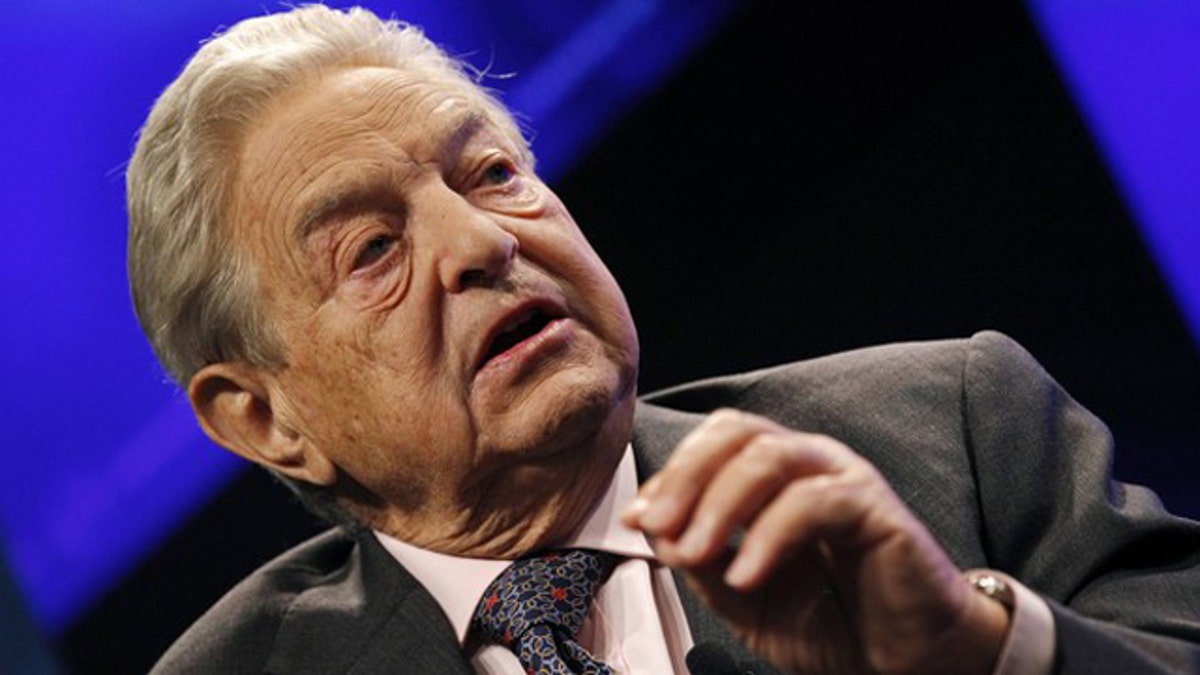
FILE: Billionaire financier George Soros speaks at a Reuters Newsmaker event in New York on Sept. 15, 2010. (Reuters)
George Soros, the billionaire financier and liberal activist, was dealt a legal blow this week when the European Court of Human Rights refused to overturn his nine-year-old criminal conviction for insider trading.
A French court convicted Soros in 2002 for insider trading in the late 1980s, but the Hungary-born investor appealed, arguing that the French law on insider trading at the time was too ambiguous to find him guilty.
But the European court ruled Thursday in a 4-3 decision that the French rules were clear enough to convict him.
Soros’s lawyer, Ron Soffer, told the Wall Street Journal that his client would appeal the decision.
“There are some serious questions that still need to be answered,” Soffer told the newspaper.
The conviction is based on a 1988 investment Soros made in French bank Societe Generale. A French court found that Soros sold his shares for $2.9 million in profits after receiving insider knowledge about a plan hatched by a group of wealthy French businessman known as the “golden granddads” to force a takeover of the bank.
The takeover failed but resulted in a higher share price for Societe Generale. French prosecutors launched an investigation in 1990 that ultimately led to Soros’s conviction 12 years later and a $2.9 million fine that was reduced on appeal.
Soros’s legal team has argued that even France’s former market regulator found the country’s insider trading laws too vague.
But on Thursday, the European court said in a statement that while the French law wasn’t precise, Soros was a sophisticated investor and “could not have been unaware that his decision to invest in shares in [Societe Generale] entailed the risk that he might be committing the offense of insider trading,” the Wall Street Journal reported.
Soros’s last chance to clear his name rests on an appeal to the Grand Chamber of the European Court of Human Rights.




